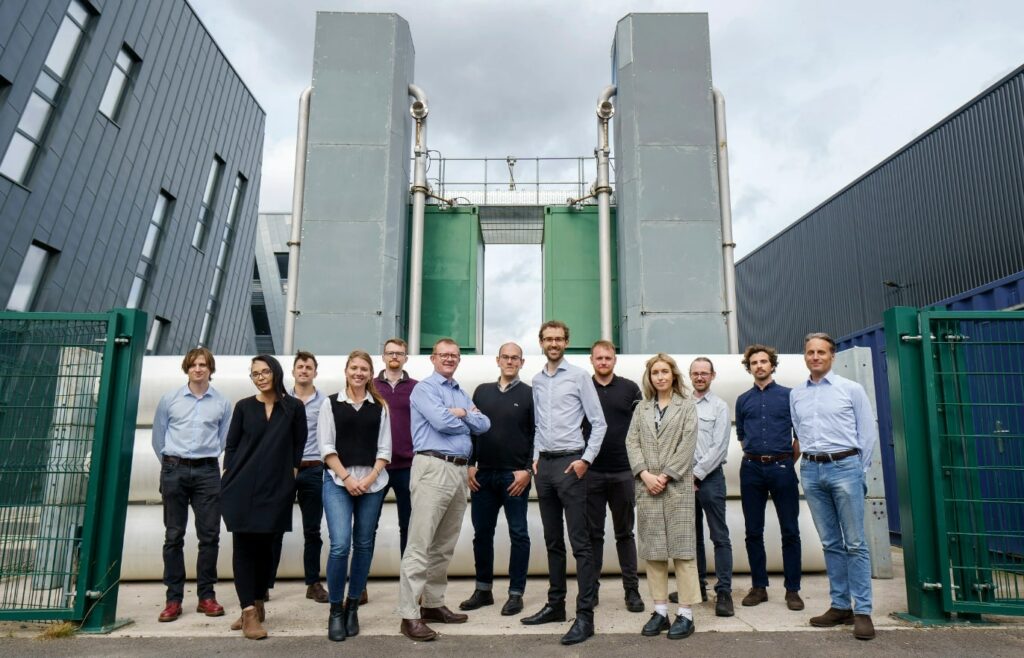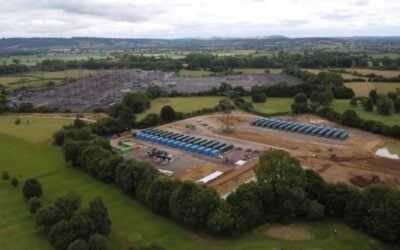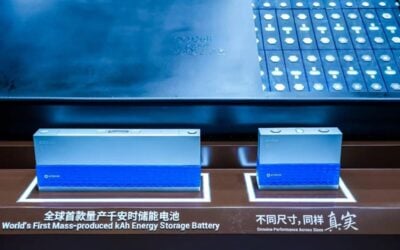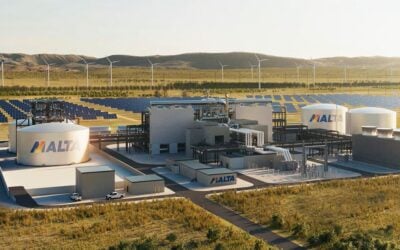
The UK Department for Energy Security and Net Zero (DESNZ) is providing £30 million (US$37.5 million) in grants for long-duration energy storage (LDES) projects from Synchrostor, Invinity Energy Systems and Cheesecake Energy.
The three projects are receiving roughly equal portions of the funding for their LDES projects which use a range of technologies to store electricity with multi-hour discharge durations.
Enjoy 12 months of exclusive analysis
- Regular insight and analysis of the industry’s biggest developments
- In-depth interviews with the industry’s leading figures
- Annual digital subscription to the PV Tech Power journal
- Discounts on Solar Media’s portfolio of events, in-person and virtual
It is the latest round of a £69 million funding programme for LDES technologies in the UK, for which smaller amounts were provided in February last year with another £30 million handed out to five projects in November.
“Storing energy for longer periods is vital to build a robust and secure energy system and ensure that renewable energy is used efficiently. Fortunately the UK has a wealth of pioneering businesses that are making their mark on this industry,” said the Minister for Energy Security and Net Zero Graham Stuart said.
“Today we’re backing three UK businesses to make their projects a reality, which will go on to play a role in our country’s energy security.”
As reported by Energy-Storage.news yesterday, Invinity is receiving £11 million for a four-hour 30MWh vanadium redox flow battery (VRFB) project, which will be the largest to ever use the technology in the UK and the largest the firm has deployed to-date.
Edinburgh-based Synchrostor is getting £9.4 million to build a pumped thermal energy storage (PTES) demonstration project with 1MW of power and 10MWh of energy storage, 10 hours of duration.
The third, Cheesecake Energy, will receive the same amount to test its FlexiTanker technology and then install pilot units at two sites as part of a microgrid project in Colchester. The company’s technology uses a combination of thermal and compressed air energy storage (CAES) with a reversible air compression/expansion train to charge and discharge energy.
The funding is part of the £1 billion Net Zero Innovation Portfolio from the Department for Business, Energy and Industrial Strategy (BEIS), the precursor to recently-formed DESNZ.
The past few years has seen the UK become one of the most developed markets for short-duration, lithium-ion energy storage, and industry stakeholders are now looking to set up the right mechanisms and incentives to kickstart the LDES sector.
DESNZ is looking to bring in LDES-specific policy sometime next year to help incentivise the long-term investment into projects, according to panellists at the Energy Storage Summit in London in February. Developers with pumped hydro energy storage (PHES) projects, the oldest LDES technology, say energy market rules need to be changed to make their projects viable.
However, in the US equivalent event a month later, a grid operator from New York warned against moving too fast with less proven LDES technologies, saying the grid cannot afford any ‘hiccups’ along the way.






